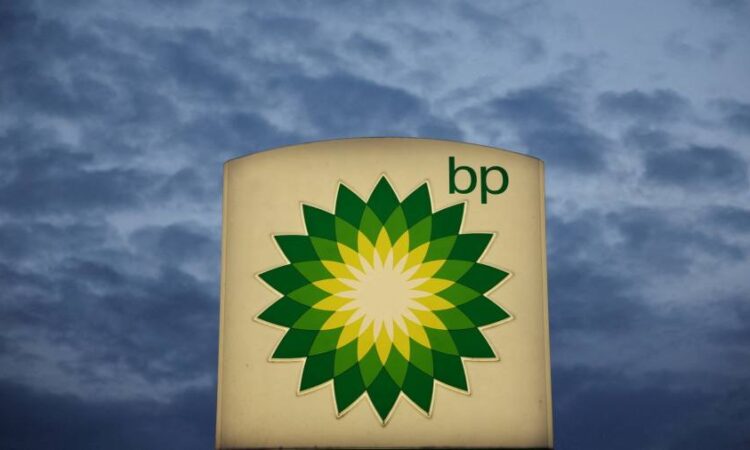
Shell, BP and TotalEnergies made more money buying and selling oil, gas and power last year than the four biggest private energy traders, according to new estimates that highlight the growing importance of such activity to their profits.
The European energy majors’ commodity trading divisions last year contributed about $16.6bn in earnings before interest, tax, depreciation and amortisation at Shell, $11.5bn at Total and $8.4bn at BP, according to Bernstein Research estimates of numbers closely guarded by the companies.
“Overall the [three European] oil majors led the pack . . . generating around $37bn in 2022 we estimate, across molecules and electrons,” analysts Oswald Clint, Alex McColl and Edouard Nelson said in a research note.
In contrast, the four biggest private energy traders — Vitol, Trafigura, Mercuria and Gunvor — made combined energy trading earnings last year of about $34bn.
The huge profits were driven by the fallout of Russia’s war on Ukraine, which upended energy markets and sent prices for oil and gas products soaring.

Vitol, the world’s largest private energy trader, made a record net profit in 2022 of almost $15bn, equal to its combined earnings for the prior six years, according to people familiar with the matter.
Trafigura’s energy division generated gross profits of $8.5bn, according to Bernstein’s data, while Gunvor and Mercuria made $5.4bn and $4.9bn respectively.
While varying levels of financial disclosure mean some of the figures are not directly comparable, the results point to the size of the energy majors’ little-discussed trading businesses.
Shell’s trading teams, for example, contributed 20 per cent of group ebitda in 2022, according to Berstein’s calculations, while BP’s trading activities contributed 14 per cent.
Although the trading capability is viewed as a unique asset within the European oil and gas majors, the companies choose not to break down their financial contribution, preferring qualitative statements about performance.
BP on Tuesday said an “exceptional” quarter from its gas traders, and a “very strong” performance from its oil trading division, helped the company to quarterly adjusted profits of $5bn.
Chief financial officer Murray Auchincloss told the Financial Times that BP’s gas trading team had made “the right call on the price declining across the quarter” but would not provide any figures.
Shell, BP and Total are reluctant to disclose financial details for fear of revealing too much to privately owned competitors, analysts say. In addition, some executives worry that the market would not give sufficient value to trading profits given the perceived volatility of the earnings.
The $77bn of commodity-linked trading earnings last year by 10 of the largest global commodity traders was more than double the $37bn average for 2021 and 2022, according to Bernstein.
The European oil majors often describe their commodity trading competency as key to their ability to transform, over the next two decades, from oil and gas producers into integrated energy providers, and therefore may be gradually required to provide more details about those activities.
Outside of Europe, large oil and gas producers without trading capabilities are looking to build or buy some. ExxonMobil in February announced its intention to create a global trading division, while the Abu Dhabi National Oil Company has held talks with Gunvor about a possible investment.
“The buzz around trading with the currently uncertain price outlook across energy products has led to growing appetite for a share of the profits,” Clint, McColl and Nelson said.






